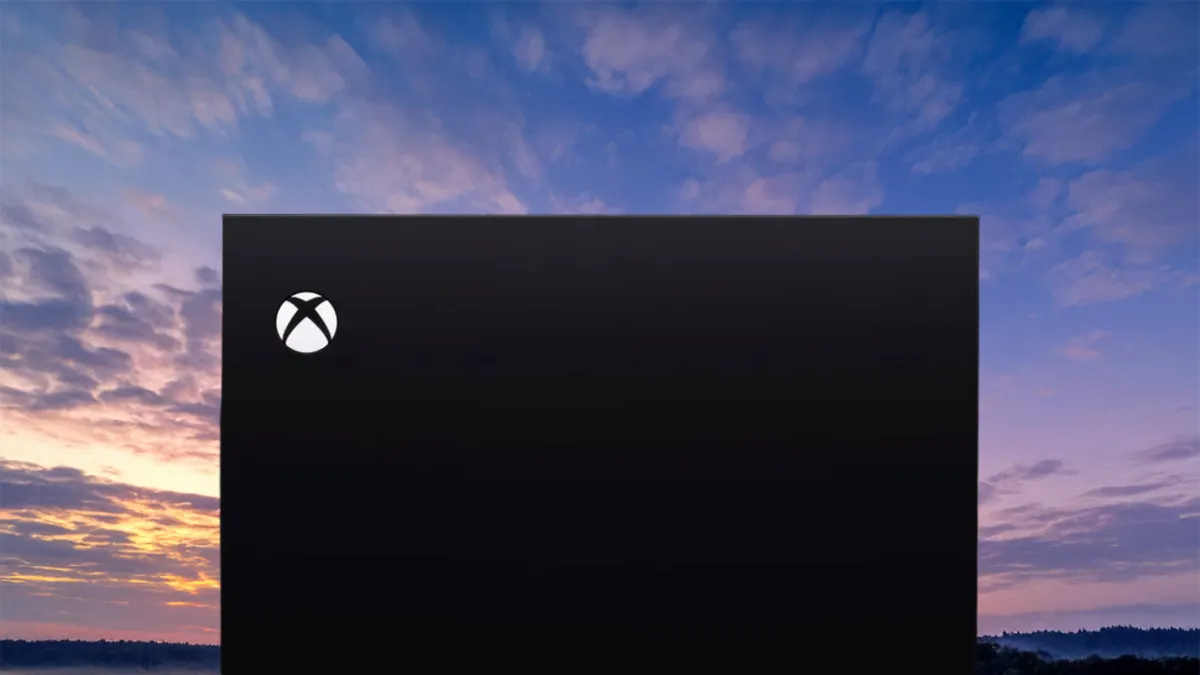
To describe Microsoft's Xbox efforts as controversial would be an understatement. The Xbox Series X|S console platform has faced significant challenges, notably being outsold by the PlayStation 5 this generation. This downturn traces back to the Xbox One misfire, which ultimately led to the loss of an entire generation of gamers, many of whom became locked into the digital ecosystem of PlayStation. Concerns regarding Microsoft's ability to deliver quality first-party games consistently, coupled with uncertainty about the future of Xbox hardware and strategies that have seen iconic franchises like Forza and Gears of War appear on rival platforms, have left customers frustrated and confused over the past decade.
However, the tumultuous times seem to be waning. After a series of strategic acquisitions, Microsoft is now delivering quality and variety in gaming more consistently than any other publisher in the market. Notably, all these games are guaranteed to be available on Xbox Game Pass from day one, which also comes with a dual Xbox and PC license along with cloud saves through Xbox Play Anywhere. The Xbox Series X remains a powerful gaming console, while the budget-friendly Xbox Series S stands out as the most affordable option for accessing the latest games.
Currently, Xbox Game Pass is experiencing an unprecedented surge in quality additions, marking a significant improvement in its offerings. Additionally, Microsoft has reaffirmed its commitment to future Xbox hardware by announcing a renewed long-term partnership with AMD for next-generation console hardware. This raises the question: Has Xbox finally turned a corner?
Gaming transcends mere utility; it is a passionate hobby and community. At times, it seems Microsoft has overlooked this sentiment while shaping the direction and messaging of Xbox. The gaming experience is not just about purchasing and using a product; it is deeply rooted in community connection. Many Xbox fans felt betrayed when Microsoft decided to place games on PlayStation, fully aware that Xbox users would gain nothing in return from Sony. This decision led to a perception that the excitement surrounding the platform was waning, as financial spreadsheets appeared to dictate the narrative rather than a passion for gaming.
Xbox has acknowledged that the competitive landscape often leaves Xbox customers feeling like second-class citizens, especially when comparing access to third-party titles like Black Myth: Wukong, Silent Hill 2, and Final Fantasy 16, which often launch on PlayStation first. With the gaming community's reference points often drawing from the failures of other companies, such as Sega's post-Dreamcast exit and Microsoft's own struggles with products like Windows Phone, it's no wonder many feared Xbox was on track to become just another mundane publisher.
In recent months, Xbox has made persuasive efforts to demonstrate that it is indeed committed to an exciting future. Xbox Game Pass has been on a remarkable trajectory, showcasing standout titles such as Blue Prince, Clair Obscur, and DOOM: The Dark Ages. The upcoming months promise an impressive lineup, including titles like Call of Duty: Black Ops 7, The Outer Worlds 2, and Keeper. The recent Xbox Showcase provided a glimpse into a promising future for Microsoft's first-party titles, with studios like InXile and Obsidian producing higher quality games than ever before.
Moreover, numerous projects are on the horizon, including State of Decay 3, Fable, and Gears of War: E-Day. Support from third-party publishers has strengthened, with Square Enix and other notable Japanese developers eager to collaborate with Xbox. This renewed enthusiasm signals a shift in the industry landscape.
A significant turning point in Xbox’s journey is the recent commitment to hardware. Despite the less-than-optimistic sales figures for Xbox hardware in recent quarters, this is merely a fraction of the broader ecosystem Microsoft is constructing. The promise of next-gen Xbox hardware, with backward compatibility for existing games, has revitalized confidence among skeptics.
Furthermore, Microsoft hinted at potential advancements through its partnership with AMD, suggesting that future Xbox devices could enhance the living room experience or even lead to a native handheld console gaming experience. These announcements have quelled rumors of third-party dependence for future Xbox hardware, especially following the introduction of the Xbox Ally PC gaming handheld with ASUS.
Microsoft’s vision of a cohesive digital gaming ecosystem is becoming clearer. By integrating Xbox Cloud Gaming, third-party Xbox-branded PC gaming hardware, first-party console offerings with backward compatibility, and Windows 11, they are creating an inclusive environment where players can carry their content, save files, and communities across platforms. This ambitious approach promises a more versatile gaming experience for both console and PC gamers alike.
In conclusion, while the road ahead is undoubtedly filled with challenges, it feels like Xbox is finally steering towards a promising destination, visible on the horizon. The combination of a renewed focus on quality games, hardware commitments, and community engagement may well signal the resurgence of Xbox as a leading force in the gaming industry.